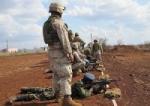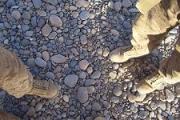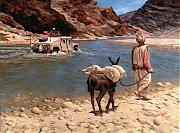White House Mulling War Czar, Report Says
By THE NEW YORK TIMES
WASHINGTON, April 11 — The White House is exploring ways to restructure the National Security Council, including the possible appointment of an official who would oversee the wars in Afghanistan and Iraq, The Washington Post reported in its Wednesday issue.
The change could involve elevating the post held by Meghan O’Sullivan, a deputy national security adviser who deals with both conflicts. She has said she plans to step down.
In an interview on Tuesday night, Gordon Johndroe, the spokesman for the National Security Council, said: “A variety of options are being looked at for the structure of the office. It could remain unchanged, but no decisions have been made.”
A White House spokesman did not respond to a request for comment.
The Post article said three retired four-star generals had rebuffed overtures about taking an expanded job that would involved coordinating activities of the State and Defense Departments in Iraq and Afghanistan.
One, John J. Sheehan of the Marines, said he had concluded after discussions with Stephen Hadley, the national security adviser, that the job would be unworkable. He told The Post, “So rather than go over there, develop an ulcer and eventually leave, I said, ‘No, thanks.’ ”
The Post said the others were Gen. Jack Keane of the Army and Gen. Joseph W. Ralston of the Air Force.











Bookmarks